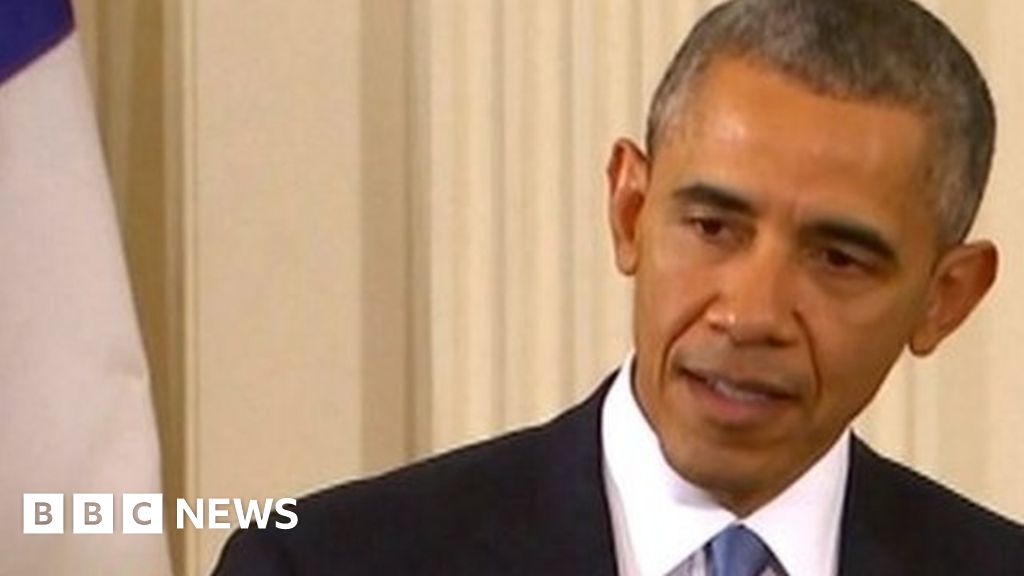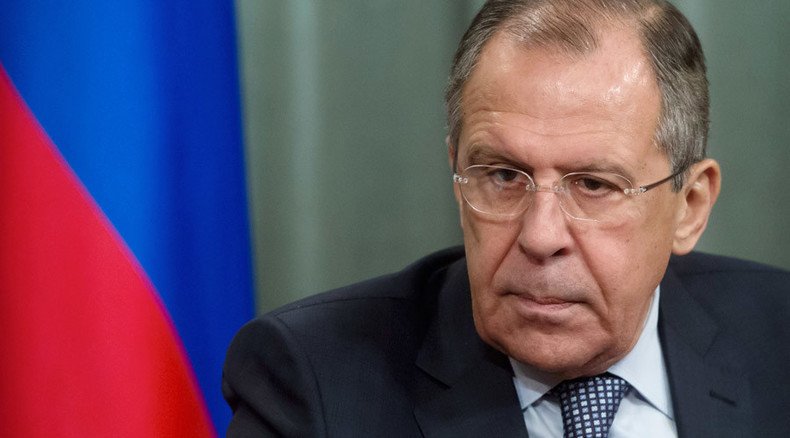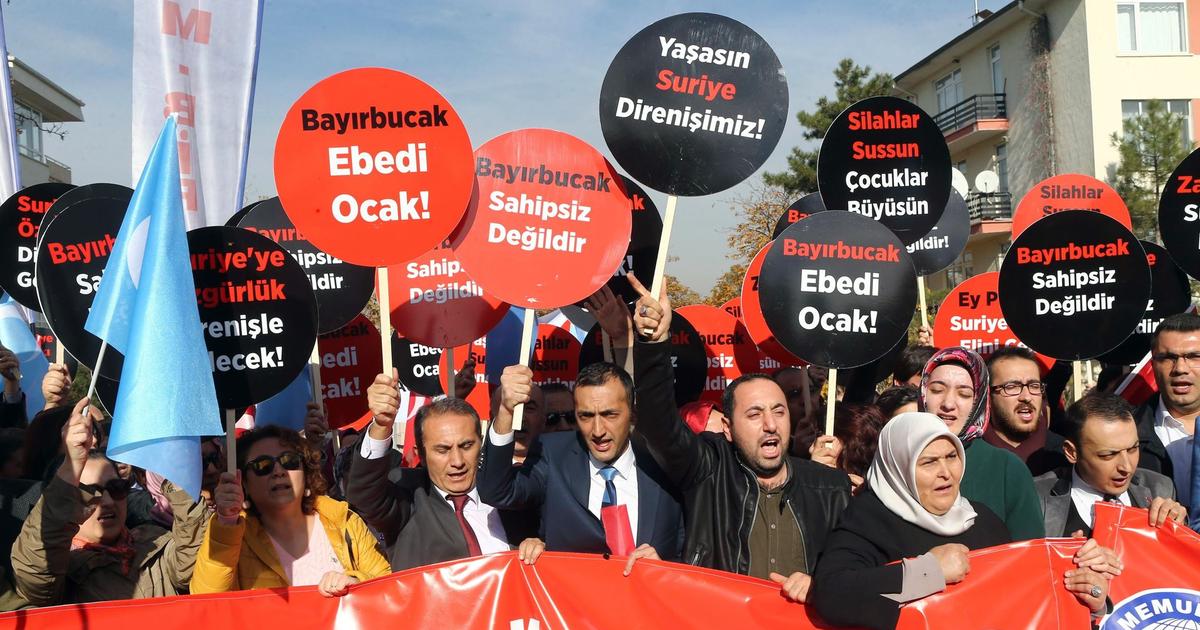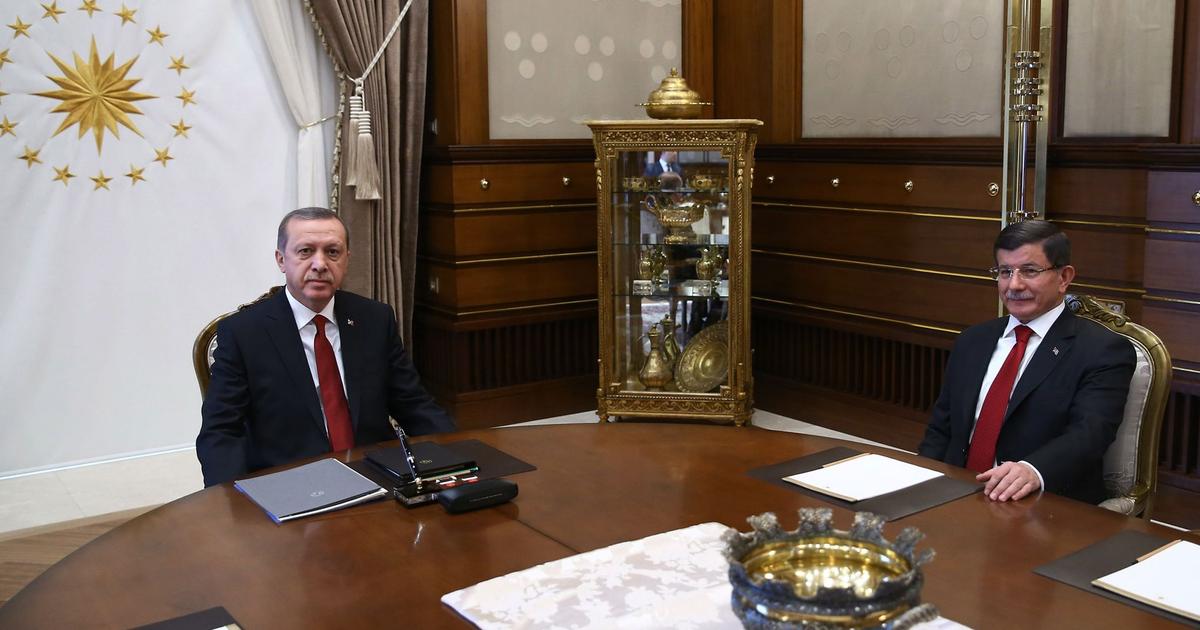Re: Regional geopolitics
Was Russia warplane downing an overreaction?
By Jonathan Marcus
Defence and diplomatic correspondent
24 November 2015
BBC
A combination picture taken from video shows a war plane crashing in flames in a mountainous area in northern Syria after it was shot down by Turkish fighter jets near the Turkish-Syrian borderImage copyrightReuters
Syria's war
Turkey's downing of Russian warplane - what we know
Iran's growing role in Syria's war
Washington struggles for clear line on Syria
What is Russia's endgame in Syria?
There have been several incursions by Russian jets into Turkish airspace since Moscow's air campaign in Syria began. Turkey has also shot down Syrian aircraft that intruded across the border.
Ankara has championed its tough rules of engagement, and so nobody could have been in any doubt that if combat aircraft strayed into Turkey again, they might receive a robust response.
But this episode is a little more complicated than that.
Of course, the two sides' accounts differ. Russian President Vladimir Putin insists that the aircraft was not in Turkish airspace and was actually shot down over Syrian territory.
The Turks say the aircraft was warned about entering Turkey several times, and, when it did not change course, was shot down.
The problem is that according to a radar map released by the Turks themselves, the Russian Sukhoi could at best be described as crossing over Turkish territory.
It flew over a small piece of Turkey that projects into Syria - a tiny isthmus of land that would have taken the fast jet only a few moments to fly over.
So if the plane was shot down, as the Turks say, after entering Turkish airspace, you could equally say it was downed on the way out of Turkish territory too.
Map of Syria showing approximate location of Russian Su-24 crash site
There is of course a back-story here as well. Russian air power has been assisting recent ground attacks by the Syrian army against Turkmen militia forces in northern Syria.
These groups are backed, and to some extent armed, by the Turkish authorities, and Ankara has taken a very dim view of Russia's air strikes against them.
So did the Turks overreact to a Russian incursion? Or was Ankara itching for an opportunity to send a robust message to Moscow?
Either way, Russia and Turkey are not at war, and despite some tough rhetoric, especially from Mr Putin, this episode may ultimately be put down to experience.
However, it all comes at a very delicate moment and it highlights once again the complexity of Syria's multiple conflicts.
The downing of the Russian airliner claimed by the Islamic State group in Egypt last month, and Moscow's onslaught against IS targets appeared to suggest that Russia, the West and the moderate Arab States were coming into alignment.
But as the Russian air attacks against Turkmen positions show, Moscow is still intent on bolstering the regime of Syrian President Bashar al-Assad against some of its other opponents, whatever may be happening on the counter-IS front.
Turkey is deeply hostile to the Syrian regime and wants to see the back of Mr Assad as soon as possible. So in this sense, it is at loggerheads with Moscow.
Turkey, like Iran, the Saudis and the moderate Arab states, all have a stake in what kind of Syria emerges from this crisis - as, to an extent, does Russia.
The US and its Western allies do not much like Mr Assad and see him as very much part of the problem, but their main battle is against IS.
These two wars - the struggle for Syria's future and that against IS - overlap to a considerable extent, but they are far from being the same.
The Turkish downing of a Russian jet is a reminder that there is a lot more going on here than just the counter-IS struggle.
Was Russia warplane downing an overreaction?
By Jonathan Marcus
Defence and diplomatic correspondent
24 November 2015
BBC
A combination picture taken from video shows a war plane crashing in flames in a mountainous area in northern Syria after it was shot down by Turkish fighter jets near the Turkish-Syrian borderImage copyrightReuters
Syria's war
Turkey's downing of Russian warplane - what we know
Iran's growing role in Syria's war
Washington struggles for clear line on Syria
What is Russia's endgame in Syria?
There have been several incursions by Russian jets into Turkish airspace since Moscow's air campaign in Syria began. Turkey has also shot down Syrian aircraft that intruded across the border.
Ankara has championed its tough rules of engagement, and so nobody could have been in any doubt that if combat aircraft strayed into Turkey again, they might receive a robust response.
But this episode is a little more complicated than that.
Of course, the two sides' accounts differ. Russian President Vladimir Putin insists that the aircraft was not in Turkish airspace and was actually shot down over Syrian territory.
The Turks say the aircraft was warned about entering Turkey several times, and, when it did not change course, was shot down.
The problem is that according to a radar map released by the Turks themselves, the Russian Sukhoi could at best be described as crossing over Turkish territory.
It flew over a small piece of Turkey that projects into Syria - a tiny isthmus of land that would have taken the fast jet only a few moments to fly over.
So if the plane was shot down, as the Turks say, after entering Turkish airspace, you could equally say it was downed on the way out of Turkish territory too.
Map of Syria showing approximate location of Russian Su-24 crash site
There is of course a back-story here as well. Russian air power has been assisting recent ground attacks by the Syrian army against Turkmen militia forces in northern Syria.
These groups are backed, and to some extent armed, by the Turkish authorities, and Ankara has taken a very dim view of Russia's air strikes against them.
So did the Turks overreact to a Russian incursion? Or was Ankara itching for an opportunity to send a robust message to Moscow?
Either way, Russia and Turkey are not at war, and despite some tough rhetoric, especially from Mr Putin, this episode may ultimately be put down to experience.
However, it all comes at a very delicate moment and it highlights once again the complexity of Syria's multiple conflicts.
The downing of the Russian airliner claimed by the Islamic State group in Egypt last month, and Moscow's onslaught against IS targets appeared to suggest that Russia, the West and the moderate Arab States were coming into alignment.
But as the Russian air attacks against Turkmen positions show, Moscow is still intent on bolstering the regime of Syrian President Bashar al-Assad against some of its other opponents, whatever may be happening on the counter-IS front.
Turkey is deeply hostile to the Syrian regime and wants to see the back of Mr Assad as soon as possible. So in this sense, it is at loggerheads with Moscow.
Turkey, like Iran, the Saudis and the moderate Arab states, all have a stake in what kind of Syria emerges from this crisis - as, to an extent, does Russia.
The US and its Western allies do not much like Mr Assad and see him as very much part of the problem, but their main battle is against IS.
These two wars - the struggle for Syria's future and that against IS - overlap to a considerable extent, but they are far from being the same.
The Turkish downing of a Russian jet is a reminder that there is a lot more going on here than just the counter-IS struggle.











Comment